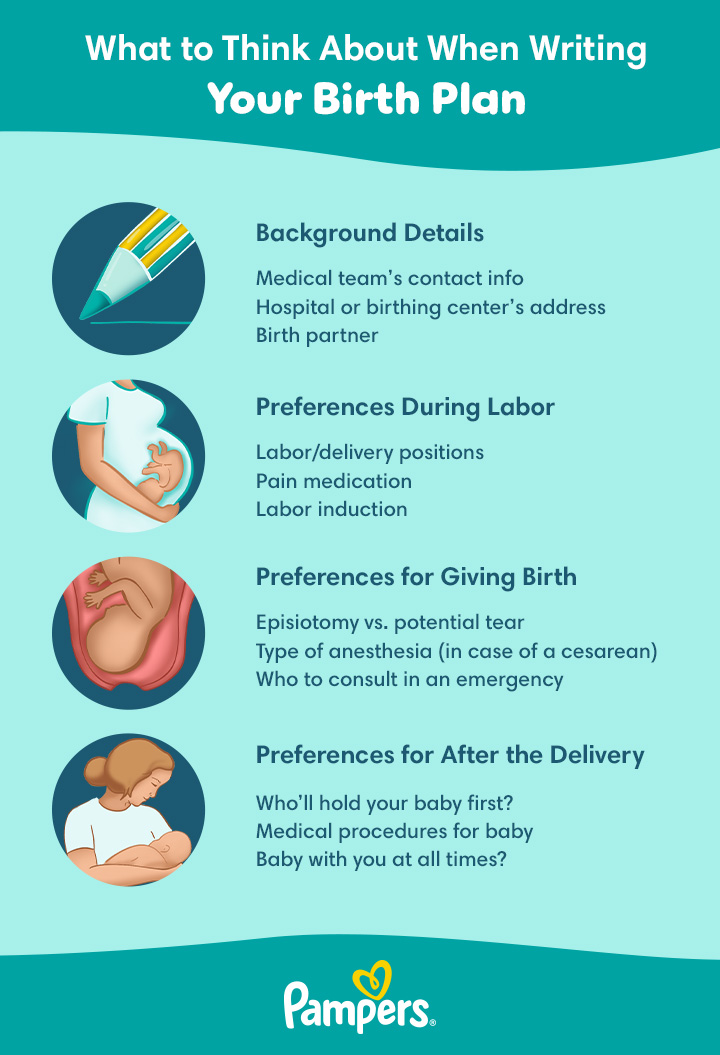



Antenatal and maternal Services
Antenatal and maternal services are dedicated to ensuring the health and well-being of both mothers and their unborn babies throughout pregnancy, childbirth, and the postpartum period. These services encompass a range of medical, nutritional, and educational support aimed at promoting safe pregnancies, healthy deliveries, and positive outcomes for both mother and child. Regular antenatal visits allow healthcare providers to monitor the progress of the pregnancy, identify potential complications early, and provide essential care and guidance to expectant mothers.
Examples:
1. Prenatal Screenings: Antenatal services include routine screenings to monitor the health of both the mother and the developing baby. For example, ultrasounds are used to track fetal growth and development, while blood tests can detect conditions like gestational diabetes or anemia in the mother.
2. Nutritional Counseling: Proper nutrition is crucial during pregnancy. Antenatal care often involves nutritional counseling, where healthcare providers advise expectant mothers on healthy eating, the importance of folic acid, and appropriate weight gain. For instance, a mother might receive guidance on how to include more iron-rich foods in her diet to prevent anemia.
3. Labor and Delivery Planning: As the pregnancy progresses, antenatal services help mothers prepare for labor and delivery. This may include childbirth education classes, where mothers learn about the stages of labor, pain management options, and what to expect during delivery. For example, a first-time mother might attend a class that covers breathing techniques and the benefits of different birthing positions.
Illustration:
Consider a pregnant woman attending her first antenatal visit. During this appointment, the healthcare provider conducts a thorough assessment, including a physical examination, blood tests, and an ultrasound. The mother is also given information about the importance of prenatal vitamins and maintaining a balanced diet. As the pregnancy progresses, she attends regular check-ups to monitor the baby's growth and address any concerns, such as high blood pressure or signs of preterm labor. Closer to her due date, she discusses her birth plan with her healthcare provider, exploring options for pain relief and deciding on her preferred delivery method. After the baby is born, maternal services continue with postpartum care, ensuring both mother and child are healthy and adjusting well.
Antenatal and maternal services are vital for ensuring safe and healthy pregnancies. These services provide comprehensive care that supports mothers physically, emotionally, and educationally from conception through the postpartum period. By closely monitoring the health of both mother and baby and providing necessary interventions, these services play a key role in reducing maternal and infant mortality, preventing complications, and promoting positive birth experiences.